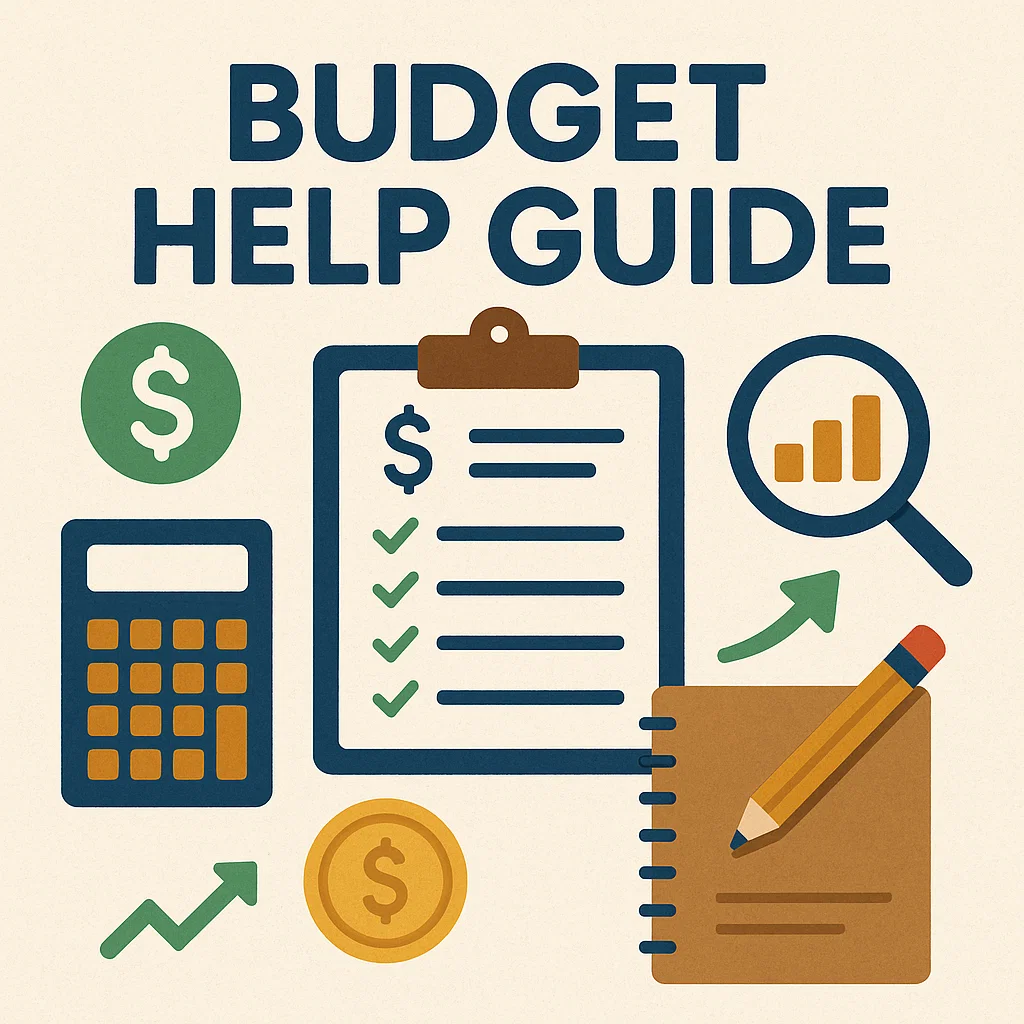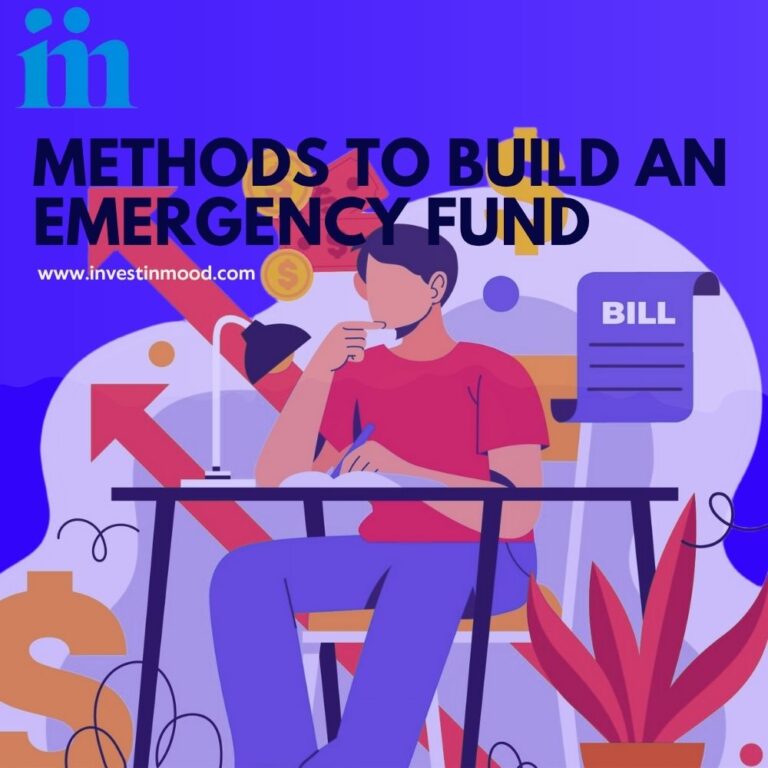
Part of the Series: Budgeting for Better Finances
Beneficial financial plan administration is important to accomplish economic security and meet individual goals, whether you are saving for a major purchase, clearing arrears, or making plans for upcoming costs. Budget help can offer direction on how to track earnings and costs, create reasonable budgetary goals, and make well enlightened choices regarding investments and reserves. Getting the right facilitation can make financial planning less discouraging and more rewarding via setting you on an unambiguous path to economic success whether you are new to the process or want to increase your current budgetary system.
KEY TAKEAWAYS
What is a Budget
A financial plan is a strategy for controlling your earnings and expenditures. This tool tracks your outgoings to prevent overspending and helps you to allocate your capital to important classes like homes, transportation, food, and retirement fund.
You can manage your spending, set aside funds for both short term and long term goals, pay off the deficit more quickly, and prevent economic stress by making a spending plan. Making the most of your earnings while maintaining your goals is ensured with spending plan assistance. Here’s how a beneficial cost management strategy can guide you to receive charge of your funds.
What Is Budget Help
The term budget help is defined as the tool, materials, or advice to guide individuals or households handle their capital more skillfully. In addition to providing approaches to live on course, lower down on wasteful outgoings, and boost retirement funds, it involves advancing and sticking to a spending plan, a schedule for tracking revenue, outgoings, and retirement fund goals. Economic advisors, educational seminars, and online calculators and apps are just a few of the ways that individuals can assist with their financial plan.
Allocation assistance is intended to make funds supervision simpler, more organized, and eventually more successful, whether that involves learning how to prioritize deficit repayment, arrange invoices, or set up long term budgetary goals.
Guide to Create Your Budget
There are a lot of steps in making a financial plan which are described below:
Step 1: Identify Your Salary
Combine all of your sources of salary first. This covers your pay, any side hustles you have, passive earnings such as interest or dividends, and any other capital you might get on a regular basis.
Step 2: Enlist Your Expenses
Compile a directory of every cost you have each month. Sort them into three groups: reserves/deficit, non-vital (wants), and important (needs). Remember to insert quarterly or yearly costs such as taxes or insurance premiums and divide them into monthly amounts.
Step 3: Set Financial Goal
Determine your economic goals, both short and long term. For example, you may desire to pay off borrowing card amounts unpaid, buy a new car, or set aside for a trip. How much you set aside for liability repayment and reserves will depend on your goals. Here’s where financial plan assistance can help you make sensible economic choices.
Step 4: Limit Your Outgoings
Once your ambitions and costs have been listed, allot capital to each category. You can lower back on spending in distinct areas (such as eating out or registrations) to make sure you can do your deficit repayment and retirement fund targets.
Step 5: Monitor Your Expenditure
Pay attention to how much you outlay each month. To make sure you’re staying within your spending plan, apply a spreadsheet or an app. Equipment for financial plan assistance can be a terrific way to track your spending and make sure you do not go over your cost limit.
Step 6: Review and Adjust
Analyze your spending plan every month at the end. If you made less wealth than you had expected in one area, think about putting that capital into reserves or liability repayment. If you spent too much, try to find ways to outlay less in the future. An important part of spending plan assistance is this frequent check in.
Conclusion
Setting up an allocation is not difficult, but it requires discipline and consistency. You can obtain charge of your finances and fulfill your goals by using simple techniques like the 50/30/20 regulation and the procedures described in this budget help guide. A spending plan is your economic road map to success, whether you’re paying off arrears, saving for a major purchase, or creating an emergency fund.
Making your capital function for you and coordinating your outgoings with your goals and values is the goal of a good spending plan. With the correct resources, reasonable goals, and frequent evaluation, spending plan assistance will facilitate you remain on course to reach budgetary self-sufficiency.






